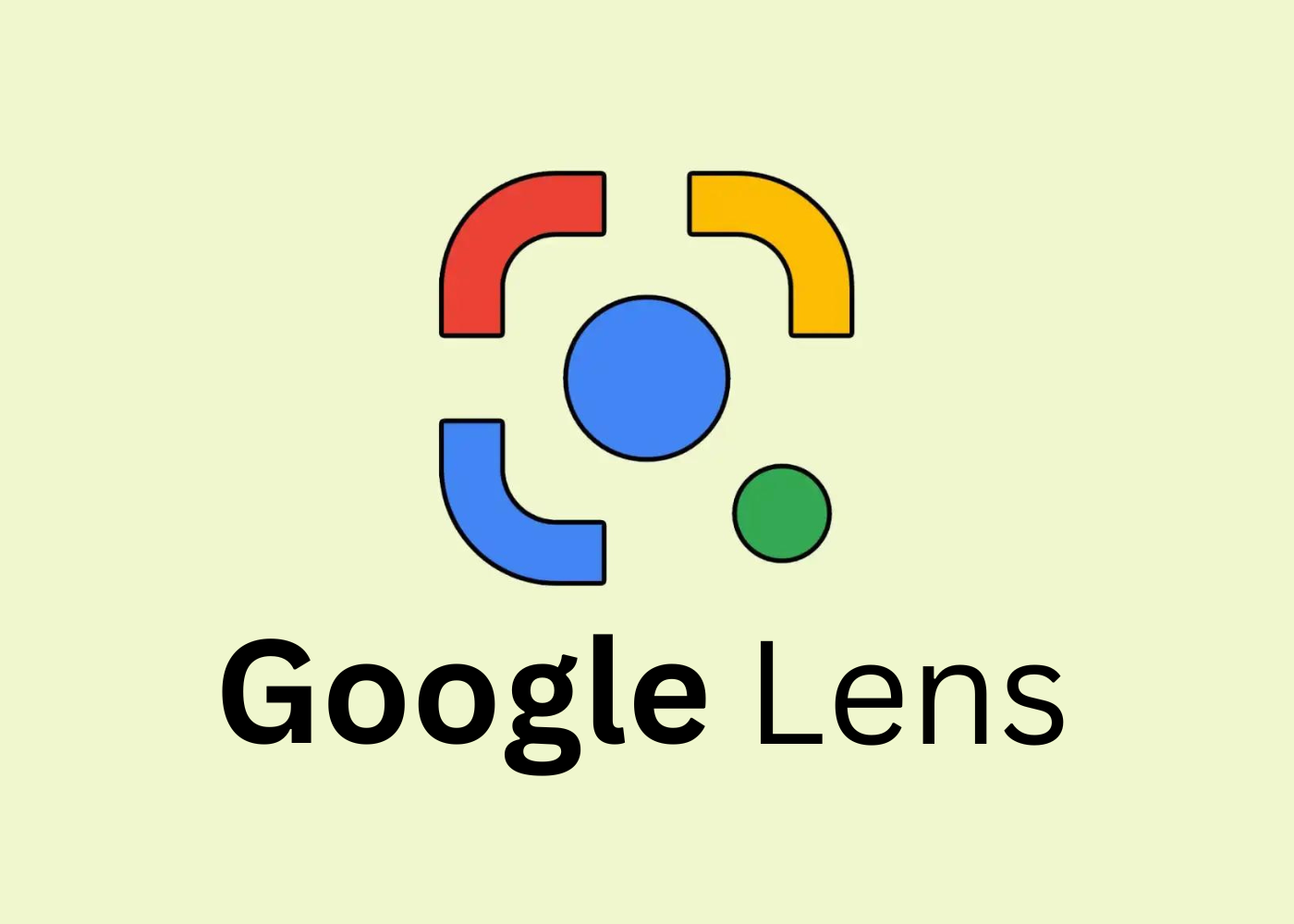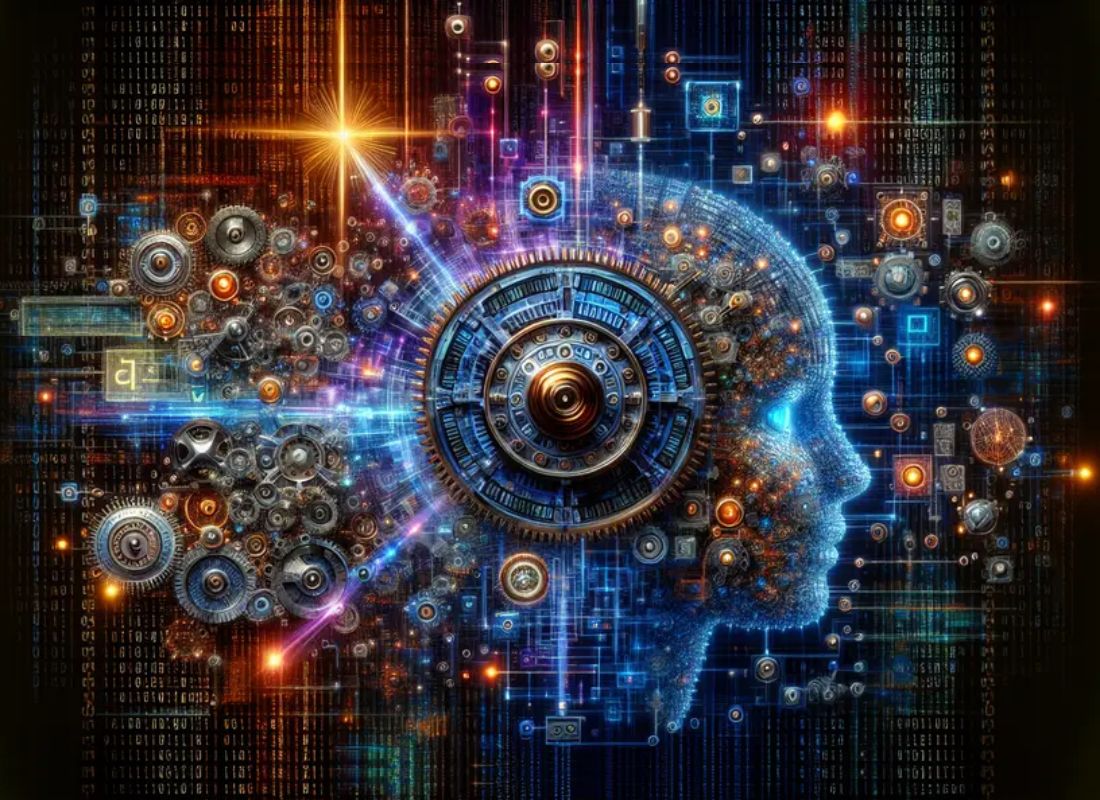This is a case study on electricity consumption patterns where the tech industry has witnessed tremendous growth recently. Especially with an increasing number of devices, services, and applications being developed to meet the ever-expanding digital needs of individuals and businesses. However, this growth has also resulted in a significant rise in electricity consumption.
Understanding the patterns of electricity consumption in the tech industry is crucial for addressing environmental concerns and finding sustainable solutions. In this comprehensive study, we delve into the intricacies of electricity consumption in the tech industry, examining the challenges, sustainable practices, and future trends in managing energy usage.
The rapid advancement of technology has revolutionized various aspects of our lives. From smartphones and laptops to cloud computing and artificial intelligence, the tech industry has become an integral part of our modern society. However, this digital transformation comes at a cost, with energy consumption being one of the major concerns.
With that in mind, to comprehend the impact of the tech industry on electricity consumption, we need to delve deeper into the factors influencing this consumption. As well as explore sustainable practices to mitigate the environmental impact.
Understanding Electricity Consumption Patterns In The Tech Industry
The tech industry is characterized by its high energy demand due to various factors like electricity consumption patterns. Whereby, the increasing number of devices and applications being used globally results in a surge in electricity consumption. From smartphones and tablets to servers and data centers, these technological marvels rely heavily on electricity to function.
Moreover, the energy-intensive processes involved in manufacturing, operation, and maintenance contribute significantly to the overall electricity consumption. To tackle this issue, it is essential to identify energy-efficient solutions and strategies. By optimizing hardware components and developing energy-efficient data centers, the tech industry can reduce its consumption.
While, at the same time, maintaining the same level of productivity. Additionally, the integration of renewable energy sources, such as solar and wind power, can help the industry transition toward a more sustainable future.
The Topmost Sustainable Practices In The Technology Industry
In recent years, sustainability has gained significant attention across industries, including the tech sector. Companies are increasingly recognizing the importance of adopting sustainable practices to minimize their environmental footprint. In the tech industry, sustainability encompasses a wide range of initiatives, from energy-efficient hardware design to green data centers.
Energy-efficient hardware plays a vital role in reducing electricity consumption. Low-power processors, efficient cooling systems, and optimized power management features can significantly decrease the energy requirements of devices. Furthermore, data centers, which are central to the functioning of the tech industry, can adopt innovative cooling techniques.
As well as efficient server utilization strategies, and advanced power distribution systems to minimize electricity consumption. Renewable energy sources offer a promising avenue for the tech industry to reduce its reliance on fossil fuels. By investing in solar panels, wind turbines, and other renewable energy infrastructure, tech companies can reduce their carbon footprint.
They can also contribute to the global transition to clean energy. Many leading tech giants have already committed to sourcing 100% of their electricity from renewable sources, setting a positive example for the industry as a whole.
Finding A Quality Electrician For Sustainable Electricity Consumption
If you live in Sydney and you want to find a quality electrician, there are a few things to know. For instance, finding a quality electrician in Sydney who understands sustainability is essential for achieving sustainable electricity consumption.
At all costs, a skilled electrician can provide expertise in energy-efficient solutions and renewable energy integration. Moreover, there are a few key points to consider when searching for a quality electrician who is most familiar with sustainability.
Consider the following:
- Experience and Expertise: Look for electricians with a track record in sustainable electrical practices.
- Certifications and Training: Ensure the electrician holds relevant certifications and has undergone sustainability training.
- Portfolio and References: Check their portfolio and ask for references from previous clients to assess their capabilities.
- Knowledge of Local Regulations: A quality electrician should be well-versed in local regulations related to sustainability.
- Communication and Collaboration: Choose an electrician who listens to your goals and can collaborate effectively.
In other words, it’s worth mentioning that by finding a quality electrician in your local marketplace who prioritizes sustainability, you can work towards reducing your environmental impact and enjoying the benefits of energy efficiency.
Consumption Challenges And Solutions In Managing Electricity Patterns
Managing electricity consumption in the tech industry is not without its challenges. The exponential growth in demand for digital services and products poses a significant challenge in keeping energy consumption in check. Additionally, the complex nature of tech infrastructure and the need for uninterrupted operation further complicate reducing electricity usage.
To overcome these challenges, innovative solutions and technologies have emerged. Algorithms in Machine Learning (ML) and Artificial Intelligence (AI) can be employed to optimize energy consumption and identify areas for improvement. Innovative grids enable better monitoring and control of electricity usage, allowing for more efficient resource allocation.
Furthermore, collaborations and partnerships between technology companies, energy providers, and policymakers play a crucial role in creating a sustainable ecosystem for electricity consumption. By the same token, primary education is crucial.
The Future Trends And Predictions You Should Know
The future of electricity consumption in the tech industry holds exciting possibilities. As technology continues to evolve, new trends and innovations are expected to shape the energy landscape. Advancements in energy storage technologies, such as batteries and fuel cells, can revolutionize how electricity is managed in the tech industry.
On the one hand, the emergence of the 5G Network and the Internet of Things (IoT) will also impact energy consumption patterns, creating new opportunities for energy optimization and efficiency. Predicting the exact trajectory of electricity consumption in the tech industry is challenging, given the rapid pace of technological advancements.
However, it’s clear that sustainability will remain a key focus. On the other hand, the industry’s collective efforts towards energy-efficient practices, renewable energy adoption, and collaboration are vital in mitigating the environmental impact and ensuring a sustainable future. Tech industries must embrace aspects like solar energy to reduce overconsumption.
Summary Notes:
In conclusion, the electricity consumption patterns in the tech industry are a critical aspect that needs to be understood and addressed. With the increasing demand for digital services and the energy-intensive nature of tech infrastructure, finding sustainable solutions is imperative. Embracing energy-efficient hardware and adopting renewable energy sources is crucial.
As well as fostering collaborations, the tech industry can reduce its electricity consumption while continuing to drive innovation. It is our collective responsibility to promote sustainable practices and ensure a greener future for the technology industry.
Answers To Some Frequently Asked Questions
Q1. Why is electricity consumption a concern in the tech industry?
Electricity consumption is a concern in the tech industry due to the increasing demand for digital services and the energy-intensive nature of tech infrastructure. Understanding and managing electricity consumption is crucial for mitigating environmental impact and promoting sustainability.
Q2. How can the tech industry reduce its electricity consumption?
The tech industry can reduce electricity consumption by adopting energy-efficient hardware, optimizing data centers, and integrating renewable energy sources. Collaboration and partnerships between tech companies, energy providers, and policymakers also play a vital role in finding sustainable solutions. Businesses also have the option to utilize educational sites such as the Power to Choose Texas to find energy providers that offer the best energy rates.
Q3. What are some sustainable practices in the tech industry?
Sustainable practices in the tech industry include the development of energy-efficient hardware, the optimization of data centers, and the adoption of renewable energy sources. Companies can also conduct energy audits, implement energy-saving measures, and promote responsible e-waste management.
Q4. How do electricians contribute to sustainable electricity consumption in the tech industry?
By all means, they collaborate with tech companies to conduct energy audits and recommend energy-efficient solutions. They also facilitate the adoption of renewable energy sources by providing installation services for solar panels and other clean energy solutions.
Q5. What are the future trends in electricity consumption in the tech industry?
Future trends in electricity consumption in the tech industry include advancements in energy storage technologies, the impact of 5G networks and IoT, and the continued focus on sustainability. The industry is expected to embrace innovative solutions to optimize energy usage and reduce environmental impact.
Get Free Updates
Notice: All content on this website including text, graphics, images, and other material is intended for general information only. Thus, this content does not apply to any specific context or condition. It is not a substitute for any licensed professional work. Be that as it may, please feel free to collaborate with us through blog posting or link placement partnership to showcase brand, business, or product.




